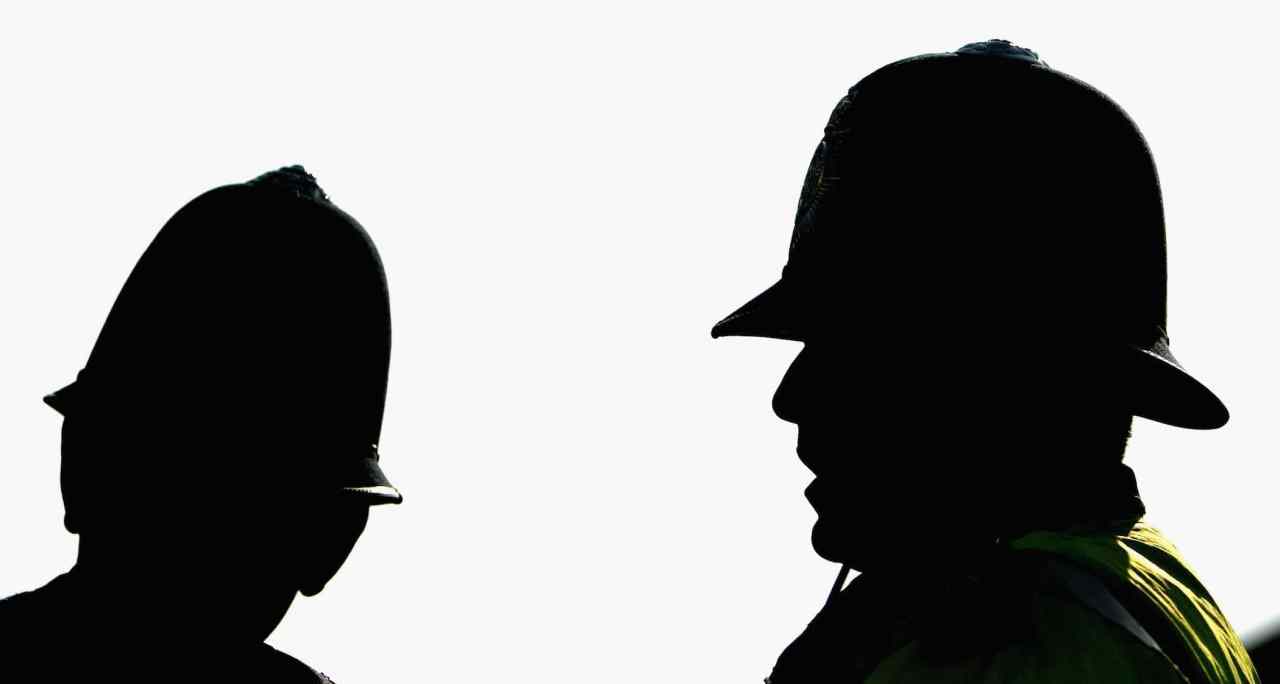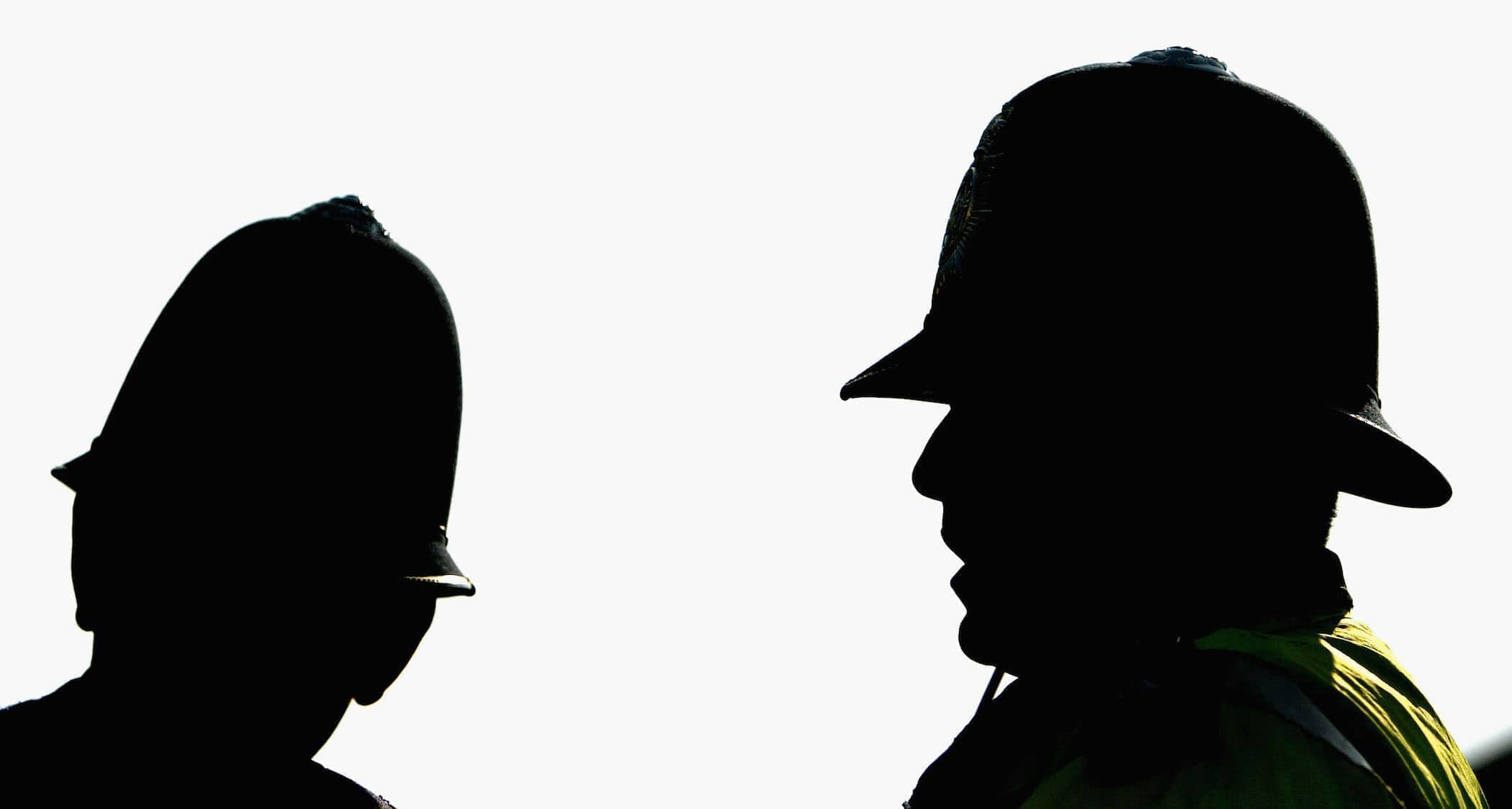Last year I finally received an apology from the police after I was violently strip-searched in 2013. Video footage subsequently emerged of officers at Stoke Newington police station using ‘sexist, derogatory and unacceptable language’ to discuss my ill-treatment. I was arrested after attempting to hand information to a black 15-year-old about his rights during a stop and search, then forcibly stripped when I refused to give police my details. Officers were recorded joking about whether my body was ‘rank’. ‘What’s that smell?’ asked one officer. ‘Oh yeah, it’s her knickers’.
What happened to me was not exceptional. The solicitor for another victim last week described the use of strip searches to punish and coerce detainees as ‘a low-level form of torture’. Meanwhile the Independent Office for Police Conduct found Met officers routinely joked about raping women, beating their partners and killing black children. Rather than protecting the most vulnerable in our society, the police demean, dehumanise and abuse them. This is why I support defunding the police and instead focusing our efforts on ‘collective care’.
The police’s ‘culture’ problem is not limited to the Met. From the ‘spycops’ scandal to allegations of sexual abuse by guards at immigration detention centres, we see that sexism and sexual violence are normalised in policing. Having experienced first-hand the litany of lies, refusals to disclose evidence and prohibitive costs of legal action that conspire to disappear complaints into a bureaucratic abyss, I suspect cases such as mine are just the tip of the iceberg.
We have come to see policing as a necessary barrier between us and those who have been abandoned
Priti Patel says she is ‘sickened’ by the IOPC report. But she is the author of multiple bills making their way through parliament that would greatly expand the police’s repressive powers. The government’s argument for the bills relies on us naively believing that the police can be trusted to exercise discretionary powers in a reasonable manner. In reality, more police powers mean more scope for abuse.
Guidelines that might sound nice on paper, as policing scholar Robert Reiner notes, merely shape how officers write up incidents rather than constraining their behaviour. It is police officers on the ground who get to decide how to apply the rules — or to dispose of the rule book altogether when it suits them. The impunity they feel is evident in the words of the custody sergeant who ordered my strip search: ‘If she’s resisting, resistance is futile… treat her like a terrorist, I don’t care.’
This is not just some Orwellian fantasy but the bread and butter of policing: seemingly arbitrary stop and searches; extensive strip search powers; conveniently incomplete approaches to storing evidence; access to vulnerable people in custody.
Policing is an institution that grants both weapons and impunity to its members. It’s no surprise that it’s an attractive career option for individuals with unsavoury intent. But despite the high-profile cases, such as those of PC Wayne Couzens, who kidnapped and murdered Sarah Everard, this is about far more than just a few bad apples. And it’s not just the problem of an un-PC culture that could be solved with better training and yet more guidelines.
In a way I empathise with police officers: they are tasked with the impossible. In conditions of severe inequality, and in the absence of anyone else to pick up the pieces, they are dispatched to deal with complex social issues — homelessness, mental health crises, alcohol and drug addiction, domestic violence, abuse of sex workers and knife violence. Truncheons and handcuffs are fundamentally inadequate tools for the job.
We have come to see policing as a necessary barrier between us and those who have been abandoned, as Rinaldo Walcott has argued. It is unsurprising then that officers develop dehumanising attitudes towards the marginalised populations they are charged with controlling.
How can we improve the conditions that lead to these problems, which policing only exacerbates? An obvious starting point is to properly fund mental health services, including appropriately trained first responders for crisis situations. We should also disentangle the provision of care from police intervention. The way officers tried to justify my violent strip search by suggesting that I might have mental health problems shows how inappropriate and dangerous it is for the police to be tasked with responding to vulnerable people in distress. Rape and domestic violence services must also be properly funded and separated from the work of the police.
Decriminalising drugs, sex work and rough sleeping would also help free up funding to address the underlying causes of such social harms. This is what the much-misunderstood call to ‘defund the police’ means in practice: building social support to reduce our reliance on an institution that has proven itself utterly incapable of delivering safety.







Comments